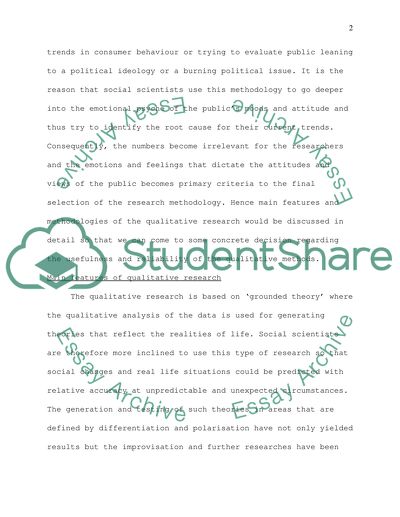Cite this document
(“Qualitative methods produce useful but unreliable research. Discuss Essay”, n.d.)
Qualitative methods produce useful but unreliable research. Discuss Essay. Retrieved from https://studentshare.org/miscellaneous/1544107-qualitative-methods-produce-useful-but-unreliable-research-discuss
Qualitative methods produce useful but unreliable research. Discuss Essay. Retrieved from https://studentshare.org/miscellaneous/1544107-qualitative-methods-produce-useful-but-unreliable-research-discuss
(Qualitative Methods Produce Useful But Unreliable Research. Discuss Essay)
Qualitative Methods Produce Useful But Unreliable Research. Discuss Essay. https://studentshare.org/miscellaneous/1544107-qualitative-methods-produce-useful-but-unreliable-research-discuss.
Qualitative Methods Produce Useful But Unreliable Research. Discuss Essay. https://studentshare.org/miscellaneous/1544107-qualitative-methods-produce-useful-but-unreliable-research-discuss.
“Qualitative Methods Produce Useful But Unreliable Research. Discuss Essay”, n.d. https://studentshare.org/miscellaneous/1544107-qualitative-methods-produce-useful-but-unreliable-research-discuss.


